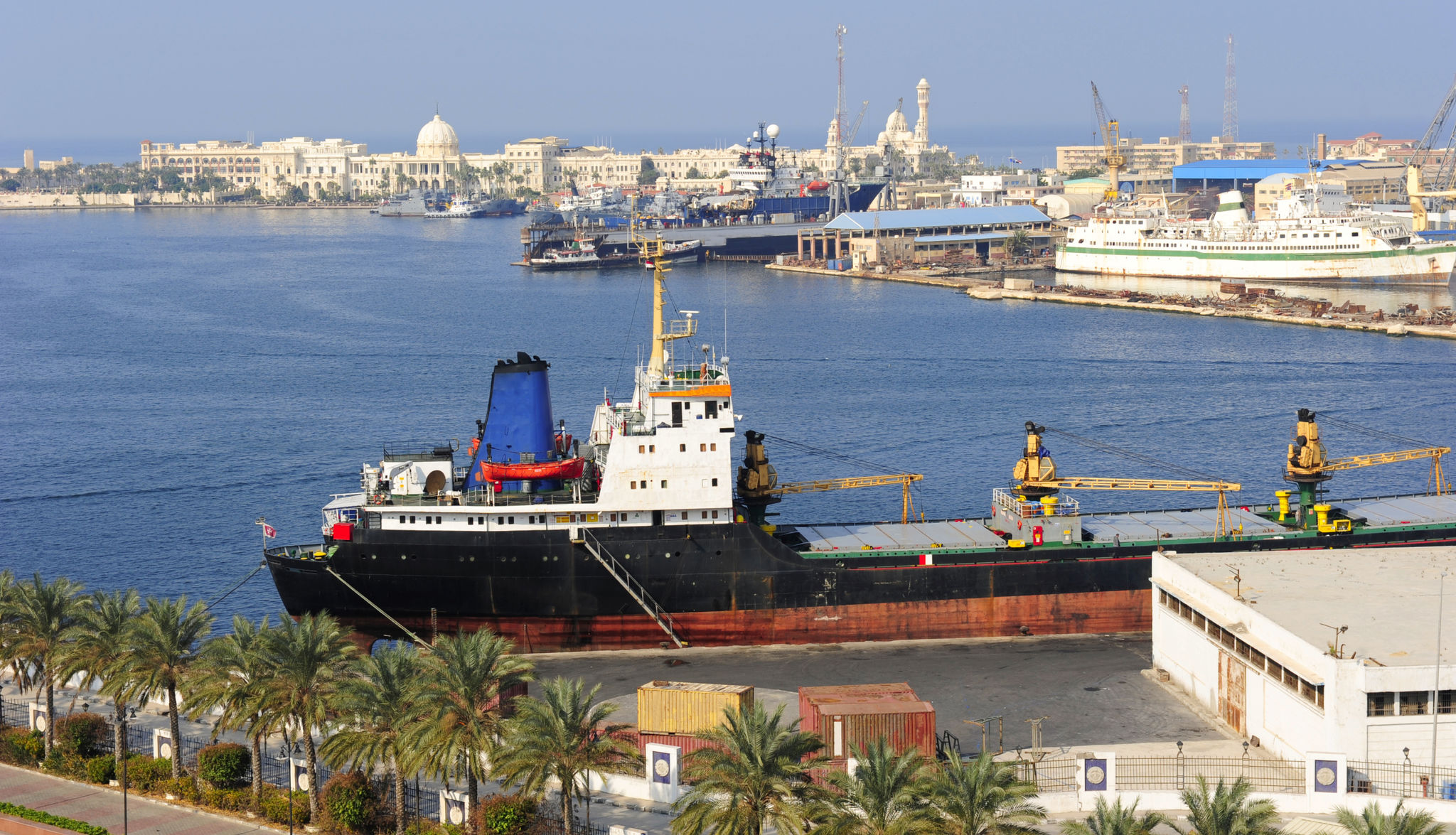Exporting Urea from Egypt: Navigating Global Trade Challenges
Understanding Egypt's Urea Export Market
Egypt has emerged as a significant player in the global urea market, leveraging its strategic location and abundant natural gas reserves. As one of the top producers in the Middle East and North Africa, Egypt has been able to capitalize on the increasing global demand for urea, a key component in fertilizer production. However, exporting urea from Egypt is not without its challenges, as fluctuating market conditions and regulatory obstacles can impact trade dynamics.

Key Drivers of Urea Exports
Several factors contribute to Egypt's competitive advantage in the urea export market. Firstly, the country's access to natural gas allows for cost-effective production. Additionally, Egypt's proximity to major markets in Europe and Asia reduces shipping costs and transit times. Furthermore, government initiatives aimed at boosting the chemical industry have fostered a conducive environment for urea production and export.
The Role of Government Policies
The Egyptian government's policies play a crucial role in shaping the urea export landscape. Subsidies on natural gas, for example, have enabled producers to maintain competitive pricing on the global stage. However, these subsidies are subject to change, which can introduce uncertainty for exporters. Navigating these policy shifts requires strategic planning and adaptability.

Challenges in Global Trade
Despite its strengths, Egypt faces several challenges in exporting urea. One of the primary obstacles is the volatile nature of global urea prices, which are influenced by factors such as energy costs, agricultural demand, and geopolitical tensions. Exporters must stay informed about these market trends to make timely decisions that optimize profitability.
Logistical and Infrastructure Constraints
Another challenge is the logistical and infrastructural constraints that can affect the timely delivery of shipments. Port congestion and limited transportation networks can lead to delays, impacting the reliability of supply chains. Investing in infrastructure improvements is essential for maintaining Egypt's competitiveness in the international market.

Strategies for Overcoming Challenges
To successfully navigate these challenges, Egyptian exporters can adopt several strategies. Diversifying export destinations helps mitigate risks associated with dependency on specific markets. Additionally, forming partnerships with international logistics companies can improve supply chain efficiency and reliability.
Embracing Technological Advancements
Incorporating technology into production and logistics processes can also offer significant benefits. Advanced monitoring systems and data analytics can enhance operational efficiency and provide valuable insights into market trends. These technologies enable exporters to make informed decisions and respond swiftly to changing market conditions.
The Future of Urea Exports from Egypt
Looking ahead, Egypt's urea export sector is poised for growth, provided that it continues to adapt to global trade challenges. By addressing infrastructural limitations and leveraging technological advancements, Egypt can strengthen its position as a leading urea exporter. Continuous government support and investment in industry development will further enhance its global competitiveness.
The journey ahead may be fraught with challenges, but with strategic planning and a proactive approach, Egypt's urea export industry can thrive in the dynamic global marketplace.
